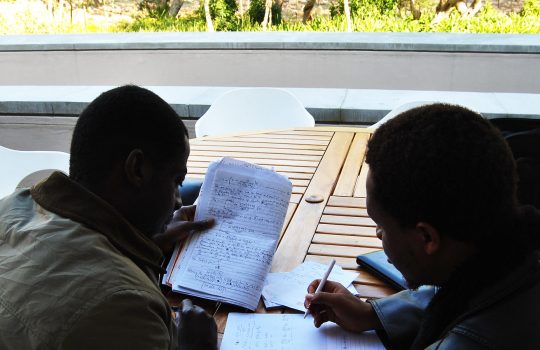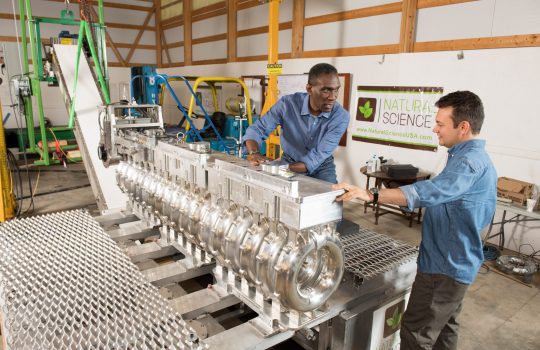Members of Congress congratulate Fermilab and Long-Baseline Neutrino Facility collaborators on near-site groundbreaking
On Nov. 14, Fermilab held a ceremony to break ground on a new beamline for the Long-Baseline Neutrino Facility. Members of U.S. Congress from Illinois sent their congratulations to Fermilab, LBNF/DUNE collaborators and the Department of Energy via short video messages. View the three videos.




